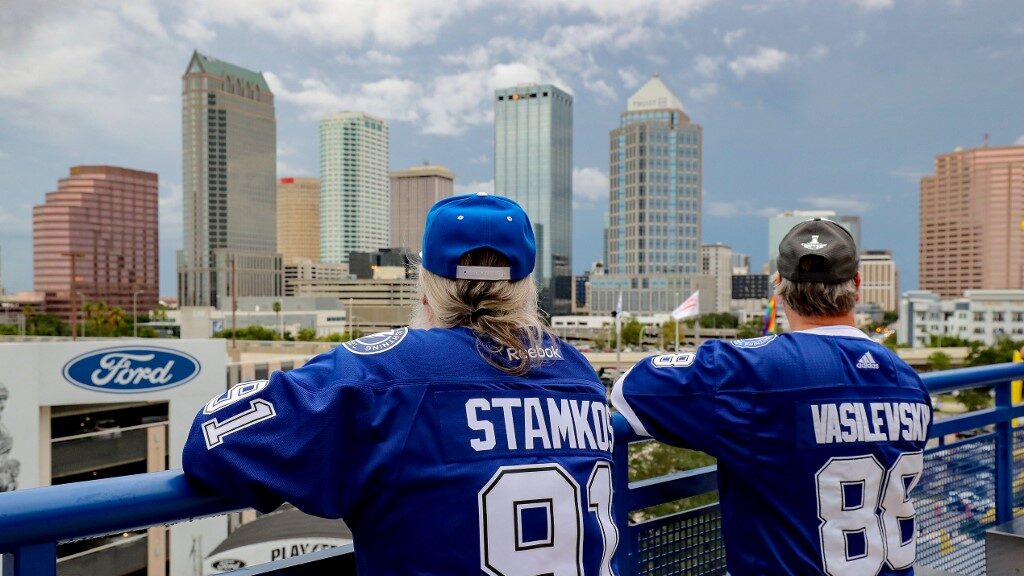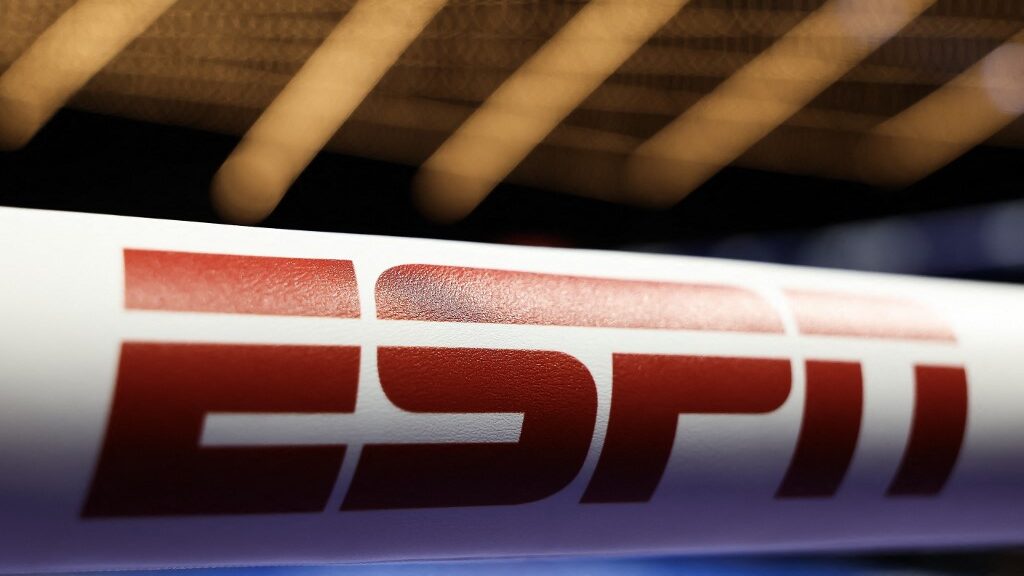
It will take a little longer than expected to find out if the legal battle over online sports betting in Florida will be settled by the highest court in the land.
Let’s go through the issues surrounding the industry and examine how the Supreme Court’s ruling might affect top-rated online sportsbooks.
Justice in Motion
The U.S. Supreme Court has granted an extension for the U.S. Department of the Interior (DOI) to respond to a lawsuit filed by West Flagler Associates (WFA), a company that operates pari-mutuel facilities in the state.
The Supreme Court’s decision to extend the deadline for the DOI to file a response indicates that the justices are interested in the case and may agree to hear it. The original deadline was March 13, but U.S. Solicitor General Elizabeth Prelogar requested more time, citing the “heavy press of earlier assigned cases to the attorneys handling this matter.” The new deadline is April 12.
Lawsuit Challenges Validity of Gaming Compact
The lawsuit challenges the validity of a gaming compact between Florida and the Seminole Tribe of Florida that authorizes the tribe to offer online sports betting throughout the state, as long as the servers are located on tribal land.
The DOI approved the compact in May 2021, but WFA argues that it violates the Indian Gaming Regulatory Act (IGRA) and the Unlawful Internet Gambling Enforcement Act (UIGEA). If the Supreme Court takes up the case, it could have significant implications for the future of online sports betting in Florida and beyond.
The case raises important questions about the scope and interpretation of IGRA and UIGEA, as well as the constitutional limits of tribal sovereignty and state authority. The outcome could affect the rights and interests of other tribes, states and gaming operators across the country.
Gaming Compact Gives Seminole Tribe a Monopoly
Online sports betting is a lucrative and fast-growing industry in the United States. Florida is one of the largest and most populous states in the nation, and its online sports betting market is estimated to be worth billions of dollars.
The gaming compact between Florida and the Seminole Tribe gives the tribe a monopoly on online sports betting in the state, in exchange for sharing a portion of the revenue with the state. The compact also allows the tribe to offer other forms of gambling, such as craps and roulette, at its casinos.
Opponents Claim Florida Compact Is Illegal
WFA and other opponents of the compact claim that it is illegal and unfair and that it deprives them of the opportunity to compete in the online sports betting market. They argue that IGRA does not allow tribes to offer online gaming off their reservations and that UIGEA prohibits online gambling that is unlawful under state or federal law.
They also contend that the compact violates the Florida Constitution, which requires a voter referendum to authorize any expansion of gambling in the state.
The DOI and the Seminole Tribe defend the compact as a valid exercise of their rights and powers under federal and state law. They assert that IGRA allows tribes to offer online gaming as long as the servers are located on tribal land and that UIGEA does not apply to tribal gaming that is lawful under IGRA.
They also maintain that the compact does not violate the Florida Constitution, because it does not expand gambling in the state, but rather regulates existing gambling activities.
Supreme Court Decision Expected Soon
The Supreme Court has not yet decided whether to accept or reject the case, but its extension of the deadline suggests that it is seriously considering it.
The court could announce its decision as early as April or May, or it could wait until the next term, which begins in October. Whatever the court decides, the fate of online sports betting in Florida hangs in the balance.















